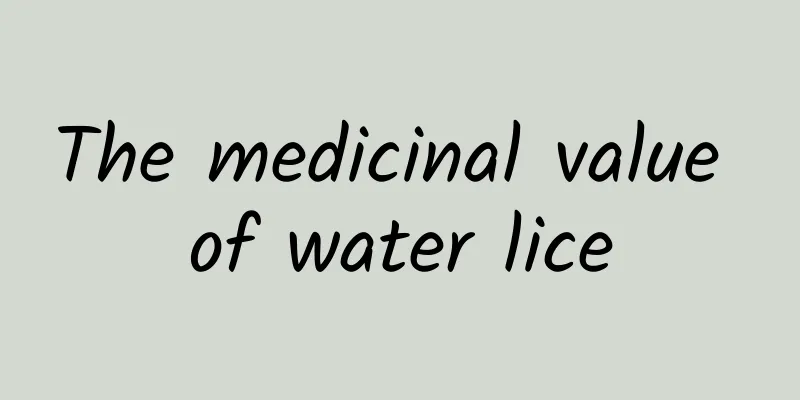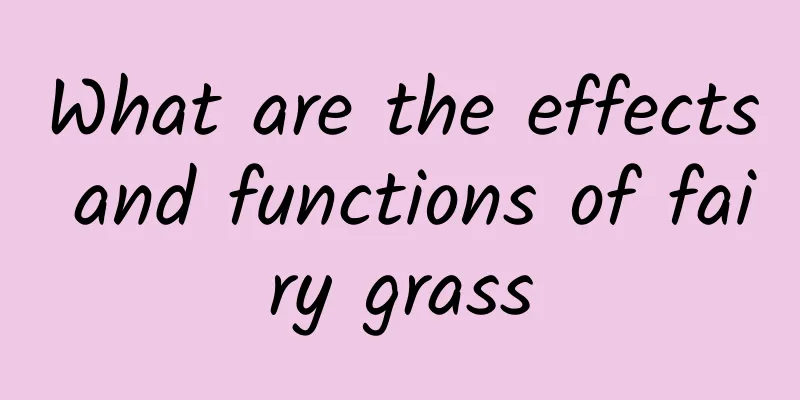The efficacy and function of jasmine leaves

|
Jasmine leaves are a medicinal material that can treat many diseases. If consumed scientifically and healthily, they can bring great benefits to our health and disease treatment. Now let’s take a closer look at the effects and eating methods of jasmine leaves. [Source] It is the leaves of jasmine , a plant of the Oleaceae family. 【Properties and flavors】 Guangzhou Army "Handbook of Commonly Used Chinese Herbal Medicines": "pungent, cool." 【Functions and indications】 Guangzhou Army's "Handbook of Commonly Used Chinese Herbal Medicines": "It clears away heat and relieves symptoms. It treats exogenous fever, abdominal distension and diarrhea." [Usage and Dosage] For oral use: decoct in water, 1 to 2 qian. 【Excerpt】 《*Dictionary》 [Source] From the Guangzhou Army’s “Handbook of Commonly Used Chinese Herbal Medicines”. In the above article, we analyzed jasmine leaves and learned that the functions and effects of jasmine leaves are very wide-ranging. As long as we learn more about the medicinal properties of traditional Chinese medicine, we will not panic when we encounter diseases. |
<<: The efficacy and function of ink
>>: The efficacy and function of jasmine
Recommend
How to "save yourself" for sensitive skin? Scientific skin care, repair skin barrier in 28 days
April brings the blooming season Many sisters hav...
The efficacy and function of fishtail palm root
With the development of society and the close int...
The efficacy and function of Aquilegia pseudoaquilegia
Diseases require improvement through medicine. Di...
Can the "miracle drug" oseltamivir really prevent influenza? Experts: The claim is not rigorous
Audit expert: Peng Guoqiu Deputy Chief Physician,...
How effective is ginseng in replenishing qi?
Ginseng is a relatively precious Chinese medicina...
The global salmon industry is experiencing a "catastrophe" | Expo Daily
Sudden mass die-off of salmon around the world Si...
Little-known facts about teeth cleaning | 90% of people don’t know!!
After teeth cleaning, my gums are red, swollen an...
Scientists deliberately sank a ship just to see what would grow on it
There are 3 million shipwrecks quietly lying in t...
The efficacy and function of wind drum grass
Fenggucao is a very common medicine in daily life...
Why do we feel pain? Who is less afraid of pain, men or women?
Produced by: Science Popularization China Author:...
Learning this method can save lives at critical moments! Today I will teach you step by step
Speaking of CPR Many people feel familiar yet str...
Can Ophiopogon japonicus and Sterculia lychnophora be taken together?
As a traditional Chinese medicine, Luo Han Guo ha...
The archaeological work of the South China Sea shipwreck has officially started, revealing the other side of underwater archaeology
Chinese ancestors have a long history of using ri...
Do you know some little-known facts about bayberry?
If we were to talk about the most popular summer ...
China E-commerce Development Index Report (2018)
The report believes that in recent years, my coun...









